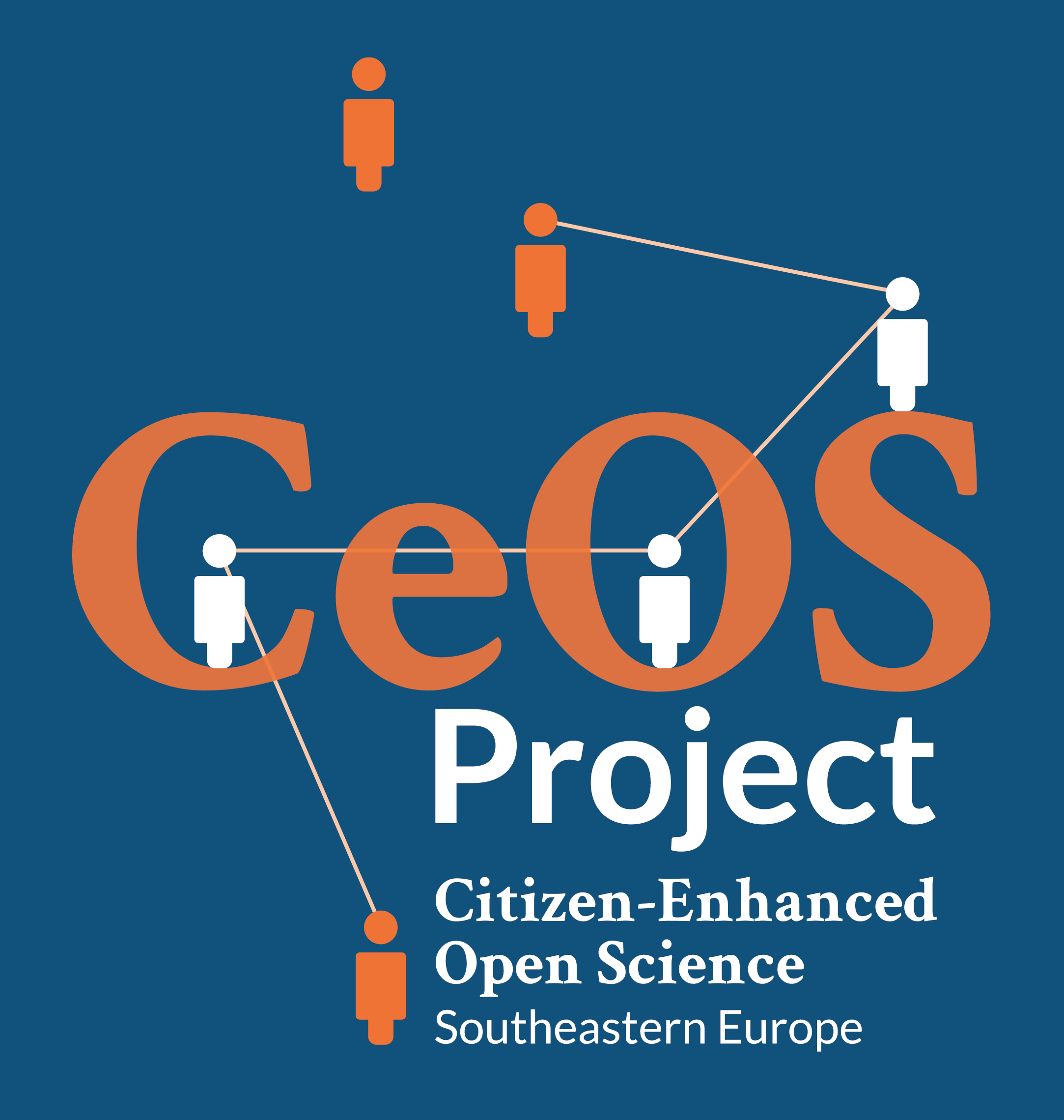Historical Examples of Citizen Science
One of the leading priorities in Europe is improving the interaction between society and the scientific research system. In 2021, the Council of Europe adopted the Pact for Research and Innovation in Europe, according to which member states should apply the same values and principles to research and innovation. Working together is one way to expand collective capacity, to stimulate the engagement of stakeholders, local communities, and citizens. Active citizen participation will contribute to raising awareness of the benefits and impact of research and innovation, which in turn will lead to the development and implementation of actionable policies [1].
The terms “citizen science” and “citizen scientist” have been in use since at least the 1960s years of the 20th century, but officially entered the Oxford Dictionary in June 2014 [6]. Citizen science is defined as “scientific work done by members of the general public, often in collaboration with or under the direction of professional scientists and scientific institutions”, and a citizen scientist is defined as a “member of society, an amateur in the field who engages in scientific work, often in collaboration with or under the guidance of professional scientists and scientific institutions” [2].
Citizen science, also known as community science, amateur science, or volunteer monitoring, is scientific research conducted in whole or in part by amateur (or lay) researchers. Citizen science is sometimes described as “public monitoring/participation in scientific research”, the results of which are often the advancement of scientific research and the improvement of the capacity of scientific communities, as well as the increase of public understanding of science [3].
Doing research in this way is often not made a priority. Yet the combination of the pleasant with the useful is deeply embedded in the formation of different biodiversity research communities, seasonal phenomena, and astronomy. Roy & Pocock (2012) note that data on the development of plants in the different seasons in Great Britain, collected by laymen scientists, dating as far back as 1730. In 1874, the British government funded the Transit project of Venus to measure the distance from Earth to the Sun by engaging the Admiralty and amateur astronomers who collected data from all over world [4].
Ethical and economic considerations
Various studies have been published that examine the ethics of citizen science, including issues such as intellectual property and project design. The Citizens’ Association, based at the Cornell Laboratory of Ornithology, and the European Citizen Science Association (ECSA), based at the Museum for Naturkunde in Berlin, have working groups on ethics and principles [3].
In September 2015, ECSA published its Ten Principles of Citizen Science, developed by ECSA’s Sharing Best Practice and Capacity Building Working Group, led by the Natural History Museum, London with input from many members of the association.
The medical ethics of Internet crowdsourcing are questioned by Graber & Graber in the Journal of Medical Ethics. In particular, they analyse the effect of games and the crowdsourcing project Foldit, concluding that: “games can have possible adverse effects and that they manipulate the user to participate.” In March 2019, the online journal Citizen Science: Theory and Practice launched a collection of articles on Ethical Issues in Citizen Science. These articles point out that citizen science can challenge existing ethical norms because it falls outside the usual methods of ensuring that research is conducted ethically.
There may be some controversy surrounding the ethical debates, but the scientific and especially financial benefits are indisputable and proven by a number of studies. For example, the research paper “Can citizen science improve public understanding of science?” by Bonnie uses various statistics reporting the economic value of citizen science, analyzing data from 7 different projects conducted over a period of approx. 180 days in 2010. Researchers estimate that a total of 100,386 civilians participated in them, putting in 129,540 hours of unpaid work. At an average hourly rate of $12 (the base salary of an undergraduate assistant), the total contribution was $1,544,474, an average of $222,068 per project. As the variations in savings for these 7 projects are from $22,717 to $654,130.
In another study titled “Global Change and Local Solutions: Harnessing the Unrealized Potential of Citizen Science for Biodiversity Research” by Theobald in 2015, the authors examined 388 individual biodiversity-based projects. They estimated that between 1.36 million and 2.28 million people volunteered annually in the 388 studies reviewed, although the variation was wide. And the range of citizen volunteer labor contributions to these 388 projects range from $667 million to $2.5 billion annually. Global participation in citizen science continues to grow. A list of the top five citizen science communities compiled by Mark Kuhner and Kristen Erickson in July 2018 shows a total of 3.75 million participants, although there is likely considerable overlap between communities.
Author: Svetoslava Dimitrova, ULSIT
Despite the ethical considerations, citizen science is clearly gaining popularity as the benefits of its use are becoming understood. CeOS_SE is therefore working to ensure these benefits are translated to countries in Southeastern Europe who are less developed in citizen science methods and practice.
REFERENCES
[1] Council Recommendation (EU) 2021/2122 of 26 November 2021 on a Pact for Research and Innovation in Europe. https://eur-lex.europa.eu/legalcontent/BG/TXT/PDF/?uri=CELEX:32021H2122&from=BG.
[ 2 ] Dobreva, Milena, Krasimira Ivanova. Citizen Science in the humanities as a means of engagement and obtaining new knowledge. http://www.math.bas.bg/infres/~ivanova/KMI-papers/2014-PEUDobreva_Ivanova.pdf .
[3] Citizen science. // BG Nauka, no. 141. https://nauka.bg/grajdanskata-nauka/
[4] Roy H., M. Pocock , 2012: The Value of Citizen Science. <http://www.britishscienceassociation.org/people-science-magazine/march2013/valuecitizen-science>
[5] Debrenlieva-Koutsukis , Anna, Krasimira Ivanova, Milena Dobreva, Georgios Koutsukis . Educational aspects of the readiness of cultural institutions for citizen science initiatives. – Collection: Education and research in the information society. Plovdiv: Association “Development of the Information Society”, 2015, pp. 31–42. https://adis.org/ERIS_conference/2015/sbornikERIS.2015.pdf.
[6] OED, 2014: Oxford English dictionary: New words notes June 2014. <http://public.oed.com/the-oed-today/recent-updates-to-the-oed/june-2014-update/new-words-notes-june-2014/>











